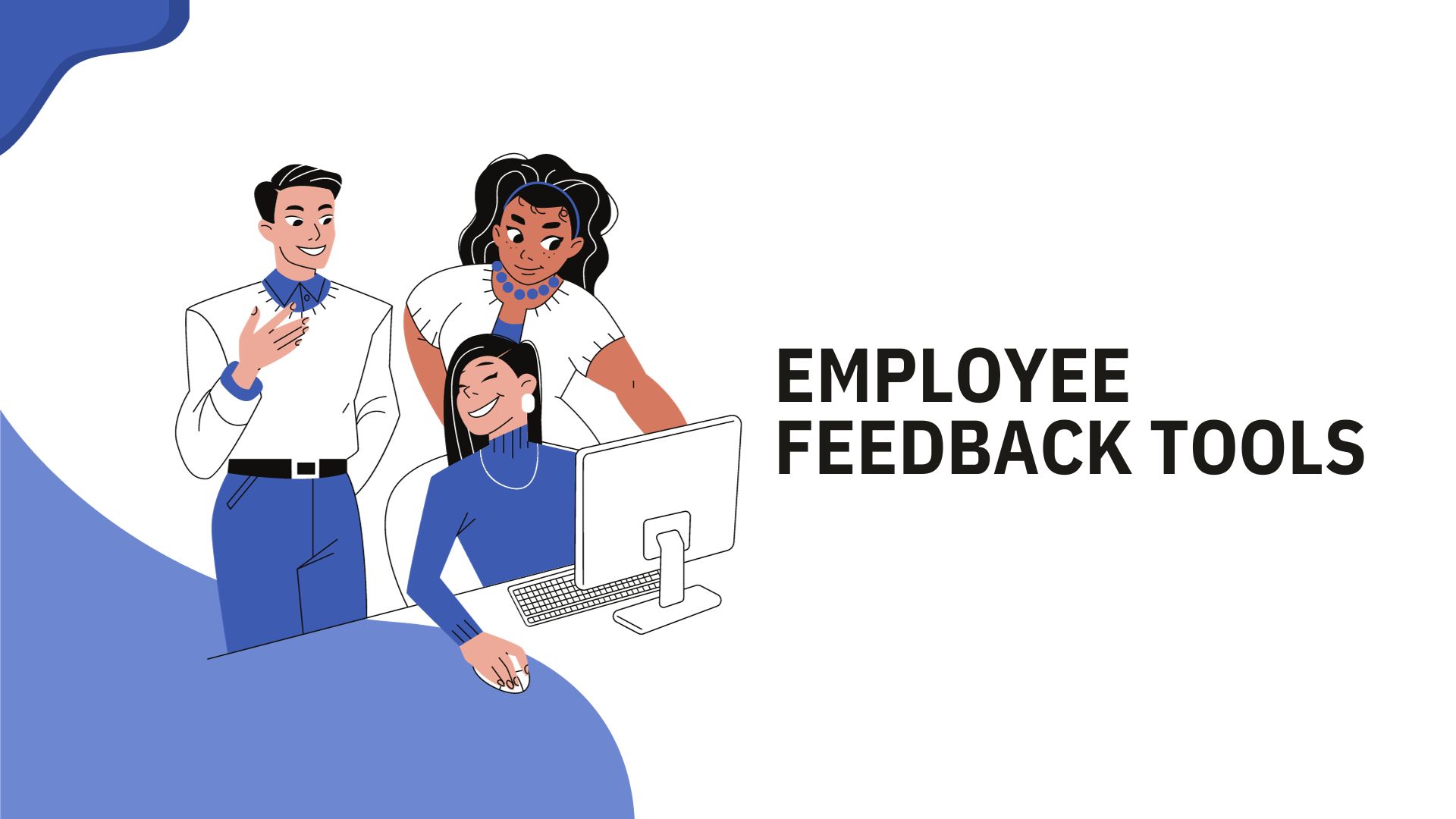7 Mobile App Development Best Practices
Page Contents
By Max Katz, Appery.io
The enterprise mobile app developer is under constant pressure. There is a growing backlog of mobile apps to build and expectations to deliver faster than ever. Technology and tools are evolving rapidly and making it difficult to even get started, let alone deliver fast.
The only way to rise above is to rely on a set of best practices for methodology, technology, design, performance, security, analytics and more. While these practices do not guarantee a mobile app with success on the level of Expensify or Square, they do provide the framework necessary to fulfill the potential for success of mobile apps for any enterprise or business.
Develop Your Mobile App with Your Audience in Mind
Before you begin developing or even planning your mobile app, consider your audience. Think about the profile of those who will use the app, their goals and challenges, and how your solution will help them. This is especially important when you are not within your own target audience. Keeping the target profile in mind as you develop is the key to creating a successful mobile app.
Learn from Competitors
Beyond understanding the profile of your users, mobile app creators must educate themselves about the competitive landscape they are entering. Research similar ideas on the various app stores, test competitors’ mobile apps and note the benefits of each. Learn from what each app does well and note pitfalls to avoid which make some competing apps less usable.
Consider Using a Cloud Development Platform
While there may be benefits to developing mobile apps for each platform in its native language and SDK, developing on an MBaaS platform enables developers to build cross-platform apps across iOS, Android, Windows Phone and mobile Web quickly and effectively. If you cannot afford to allocate months for each platform and don’t want the cost and headache associated with building and maintaining server infrastructure, a cloud-based app builder can be a great solution. Besides the backend, select the testing tools, project management, tracking and reporting tools that will be used.
Invest in User Experience
Even the greatest applications will not be successful if they are not usable. Aim for a mobile app that is intuitive and user-friendly by investing resources in the GUI of each platform. App usability will optimize adoption and acceptance rates and, ultimately, the success of your mobile app. Ensure that your app retains consistent functionality across all platforms. Users will expect their interactions with your mobile app to be similar to other apps on their platform.
At the same time, however, your app should retain its look and feel across all platforms so that users who have experience with it on one platform can easily transition to another device.
Take Mobile Application Security Seriously
Mobile apps are vulnerable, by definition. Whether your mobile app is in a heavily regulated industry like finance or health care or not, you must take privacy and security measures to protect your users and their data and, if applicable, to comply with industry regulations.
Some security best practices include encryption of data in transit (i.e., SSL/TLS) when transferring personal information, de-identifying user data (i.e., hashing), user authentication (preferably two-factor authentication) and encrypting all sensitive data stored in the cloud. Make sure to consider the effects on power consumption as well.
Test as if Your App Depends on It, Because It Does
Testing is not another step in the development process; testing is a part of each step of the process. You must constantly and consistently test everything about your app. Test the design. Test the functionality. Test the performance. Test interactions with other apps. Test on every platform and multiple browsers and carriers. Test with real users. And once you have tested all of that, test it again.
Respond to Analytics and Feedback
Into your mobile app, build in analytics features that will monitor and track users’ activity, interactions, crash logs and other events. This mechanism will provide the required data to continuously improve your mobile app, its feature set and usability.
Also, use tools to listen to feedback, comments, blogs, review sites and social networks. Users will provide feedback and ideas that will help you improve your product, so stay attentive and responsive.
Max Katz heads Developer Relations for Appery.io, a cloud-based mobile app platform. He loves trying out new and cool REST APIs in mobile apps. Max is the author of “Practical Rich Faces” (Apress 2008, 2011) and is a frequent speaker at developer conferences.

Sean Michael is a writer who focuses on innovation and how science and technology intersect with industry, technology Wordpress, VMware Salesforce, And Application tech. TechCrunch Europas shortlisted her for the best tech journalist award. She enjoys finding stories that open people's eyes. She graduated from the University of California.


